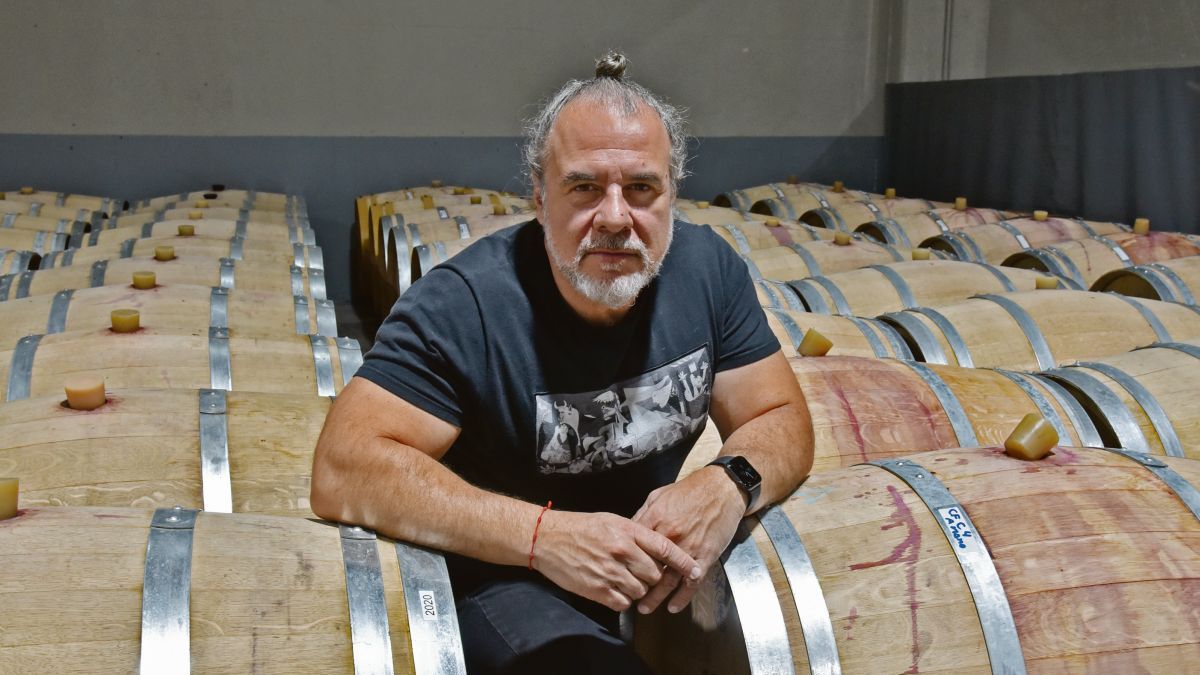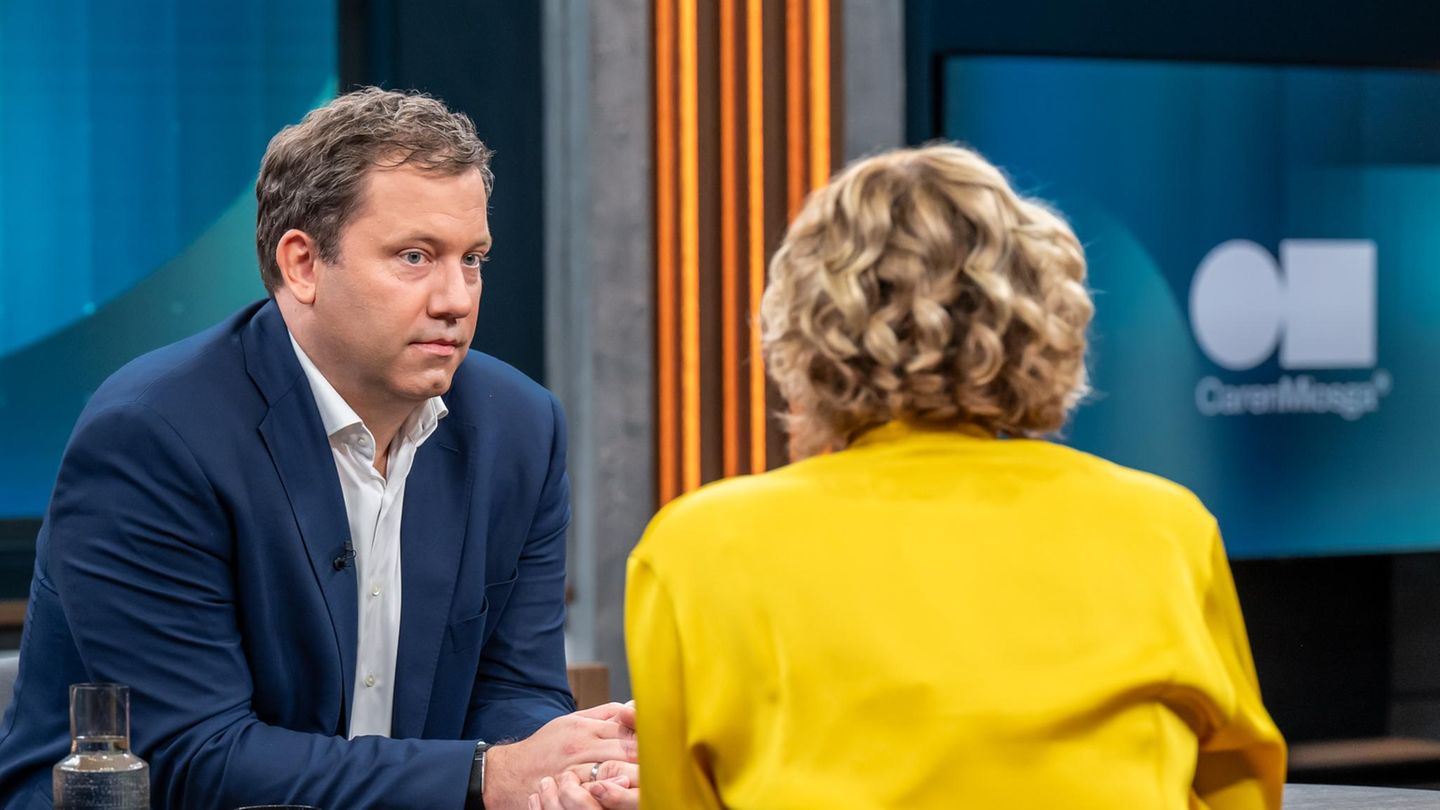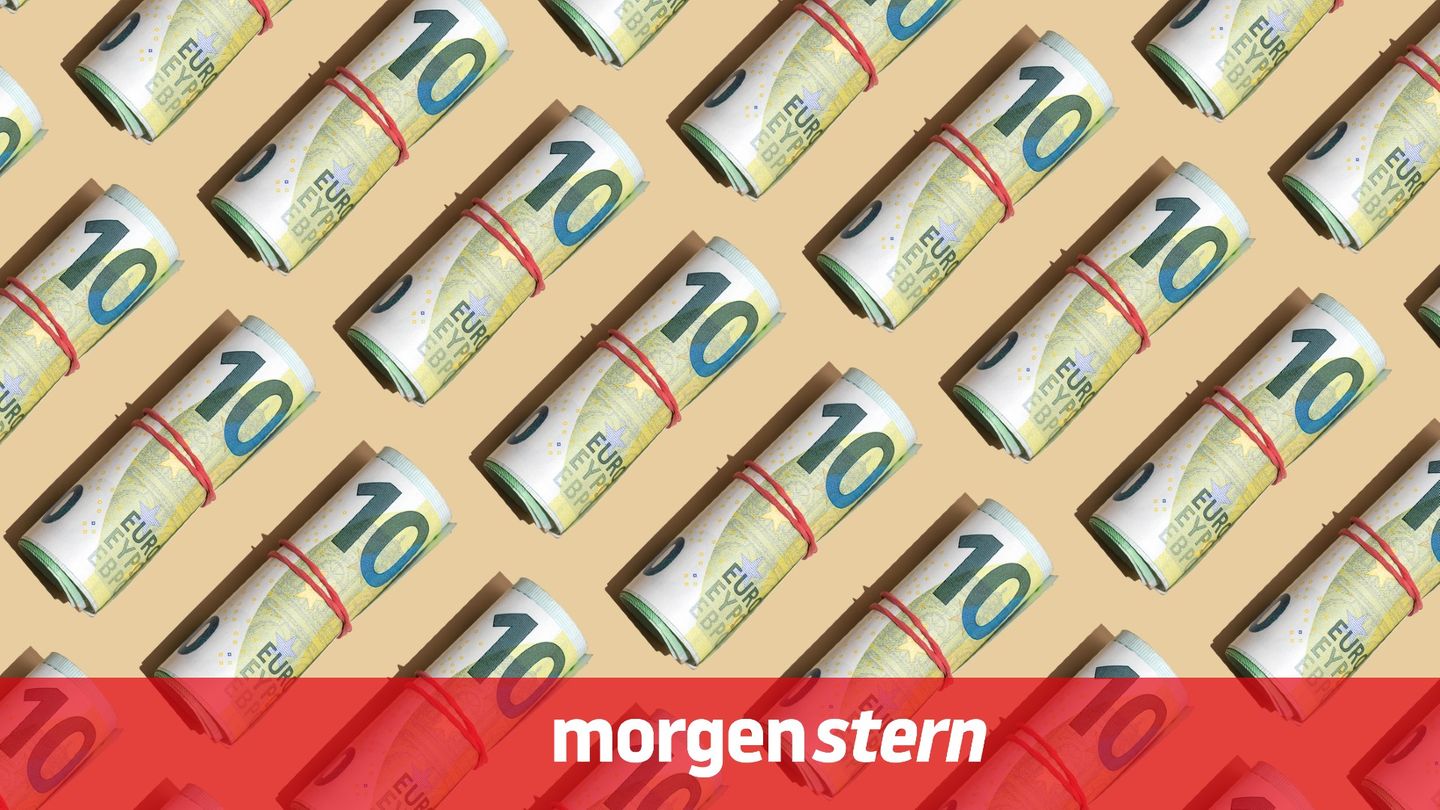Journalist: Are you with new projects?
Marcelo Pelleriti: I’m trying to get what I already have to work. You can’t live forever with new projects, everything takes time in the world of wine, it’s not that easy to position a brand. What exists, I have to position it as best as possible. There are labels that can abort along the way. The intention is to put everything we have online.
Q: When you talk about positioning, is it in the foreign market?
PM: Yes, the external market is fundamental. There are very few Argentine wineries that can live with the internal market, we could not survive. The intern today is a 40% sale. The idea is to grow in exports, with the important limitations that we have, especially in the settlement of foreign exchange. They are settled in a dollar that is not real.
Q: Are you having problems importing supplies to produce?
PM: We are paying for barrels for next year, but we cannot pay more, we pay part of it. They ask us to finance ourselves with parent companies, but I don’t have parent companies abroad, I support myself. That I have to do? Ask a foreign investor for money to finance my business? It leads us to produce less high-end. It’s a shame because Argentine wine exports are growing, but in every category you need to import: cork, barrel, any organic product for the vineyard. Everything is imported. I tried to bring technologies that are used in France, where fewer nutrients are used and have less environmental impact, but it doesn’t work out. An import cannot be closed, because it paralyzes the industry.
Q: And with the bottles?
PM: We are always complicated with the bottles. Today we are buying for a campaign and a half. I overstock. I have to have it for a year because if I can’t sell wine I have to close.
Q: What are the expectations in this context?
PM.: Beyond that, let’s pretend that there were no problems: I put together a team, I persevere, I set goals and until I achieve them I don’t stop. We are selling very well in exports, establishing new regions in the United States. For example: California, Texas, where we had little presence, today we have a good presence. It’s not free because I spend at least four months of the year traveling, and it’s not easy because I’m a hyper-family person. The wines are positioning themselves, and because of the quality I am proud to be part of the Argentine wine industry. In quality and price. It would be a shame to have obstacles: in a second you can bring down a huge effort.
2.jpg
Ph Aldo Frongia
Q.: How are you working the Latin American markets?
PM: Latin America is more complex, Peru was the simplest to do the procedure. In Brazil, due to internal taxes, the final cost is very high. We try to make an effort in price but we cannot compensate for the tax problem of a country. Latin America is destined for growth limited by a tax issue.
Q.: And as for the type of wine, do you make it thinking about the different trends in those countries?
PM: I don’t make wines for the taste of a critic, I make the wine that I like to make. I offer what I have. In Peru, for its sea cuisine, we arrive with white and light wines for sea cuisine and the rest with structure and wood. There is a good average price. What we are looking for is to have an identity as a winery. Monteviejo, Parcelo Pelleriti, that when trying them they have a style that is respected and evolves. It is what allows us to sell: you know you are buying a bottle today and there is a style and a trend. From 2002 to 2019 in blind tastings there is a behavior. I am enjoying that value.
Q.: To reach the most important markets today, is it necessary to make organic wines?
PM: Not that much. There are countries like Canada that do, but you can continue selling. In the United States there is not much attention to that, but there is in the vineyards being organic. There are different regulations between Europe and the United States to define what is organic. Today we are transforming the vineyard into organic, we need technology because we cannot cope with the workforce.
Q.: How do you see the domestic market?
PM: It always surprises. In the pandemic there was a madness, an illusion that came in handy. It was sold with a very small margin in pandemic. Today people are interested in learning. There is a very interesting consumer in the country, there is a rage for wine, it can grow infinitely. The problem is inflation, it is a problem to define prices. And if you don’t position the product in price when it has to be done, then you don’t increase it any more. You can’t take the United States relationship, but you have to take it so that its value doesn’t drop. The local market is very important.
Q.: You are also with the Wineexperts project, which offers academic training, what is it about?
PM: I give talks about oenology, I pass on my experience, a technical part that is not so theoretical. I speak of passion and the contagion of that passion. I speak based on commercial experiences, market experience. It is not a technical viticulture class. It is transmitting the experience as my grandfather did with me.
Q.: Is there a need for professionalization in the wine industry?
PM: Yes, in many ways. The one who communicates the wine has to do it in a friendly way, place himself where he is standing. If it is “look how much I know” we distance the normal consumer who wants to have a wine on the table. Let it be a drink of pleasure and not a problem at the table.
Q.: How was the 2022 harvest?
PM: It is a very good harvest. Yes, accident. There were frosts, and in malbec the low temperature harms the production. The harvest had a beautiful climate, until we had a premature frost in April, there we had problems in some plots. The quality is impressive.
Source: Ambito
David William is a talented author who has made a name for himself in the world of writing. He is a professional author who writes on a wide range of topics, from general interest to opinion news. David is currently working as a writer at 24 hours worlds where he brings his unique perspective and in-depth research to his articles, making them both informative and engaging.




